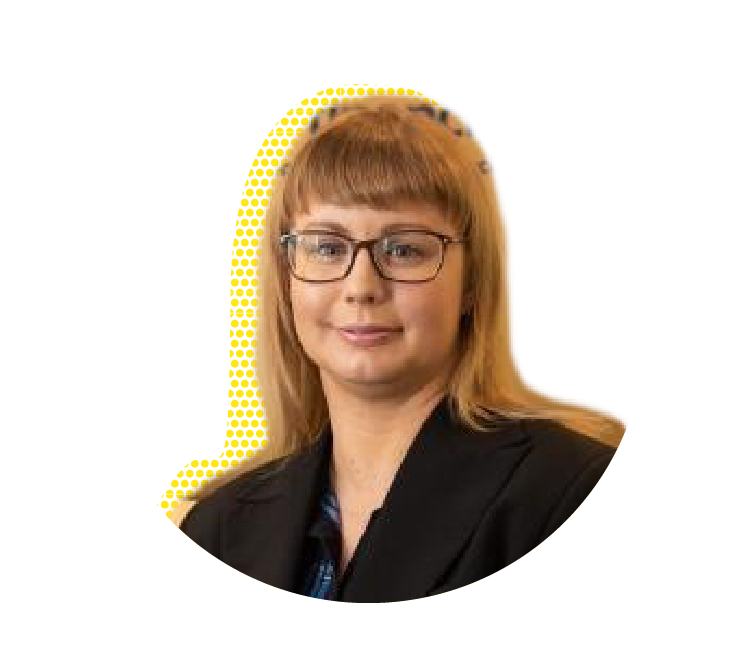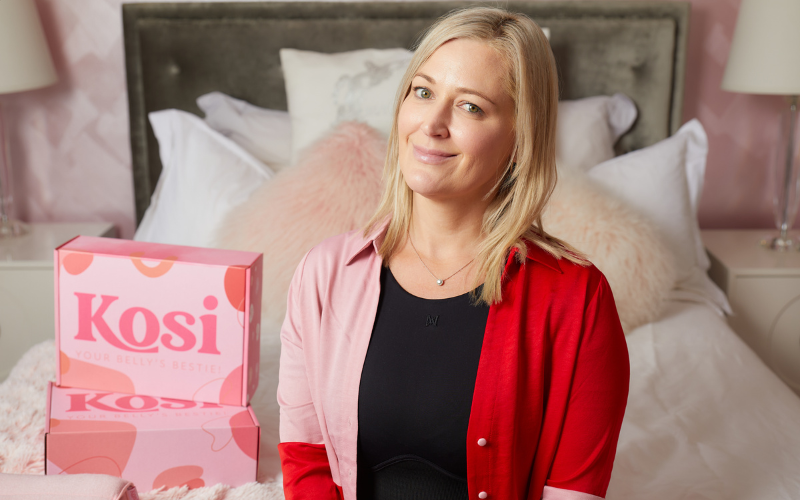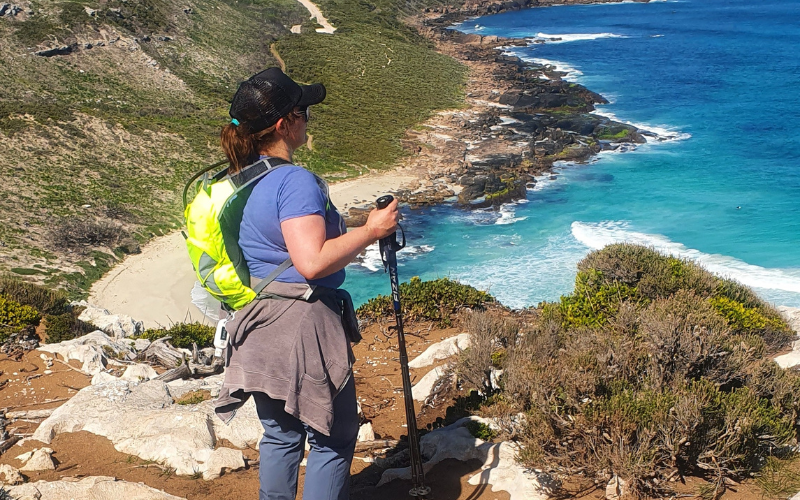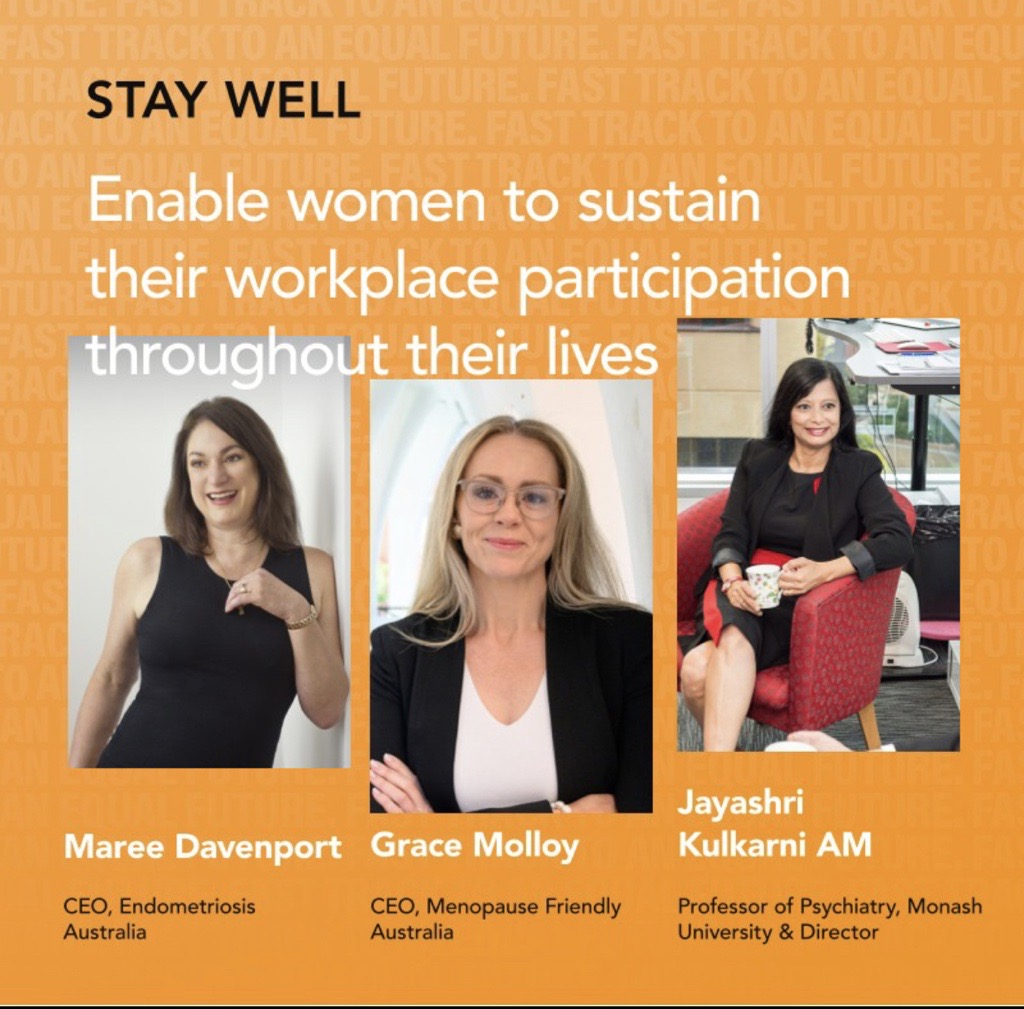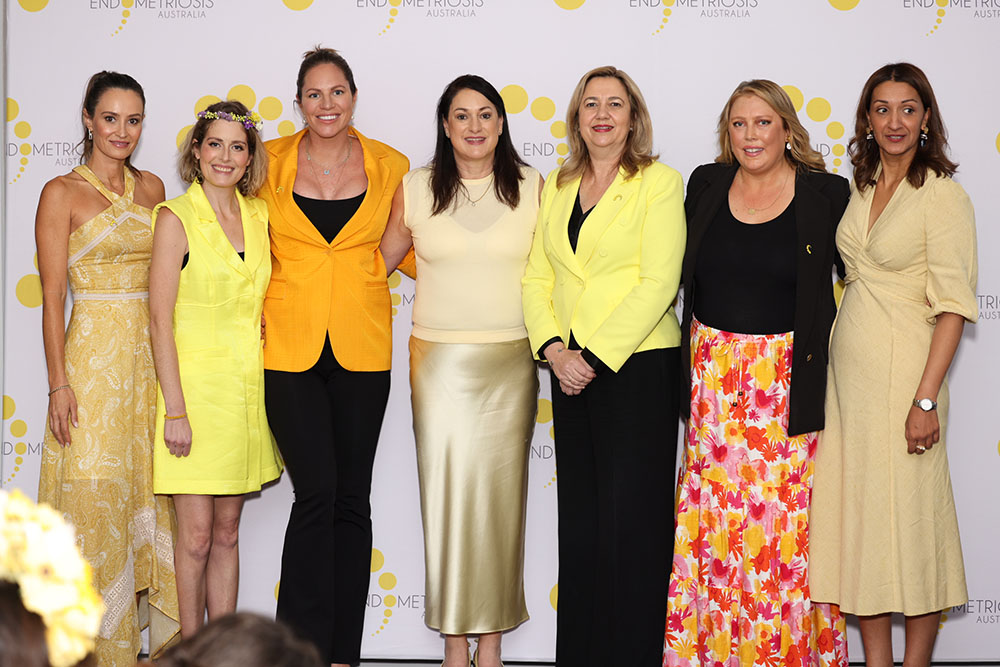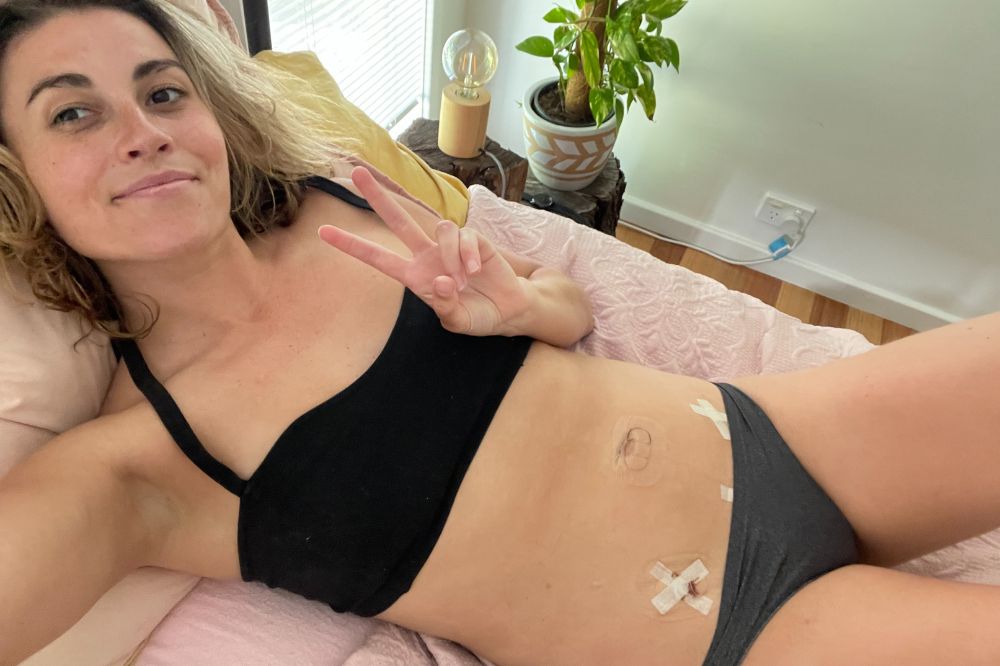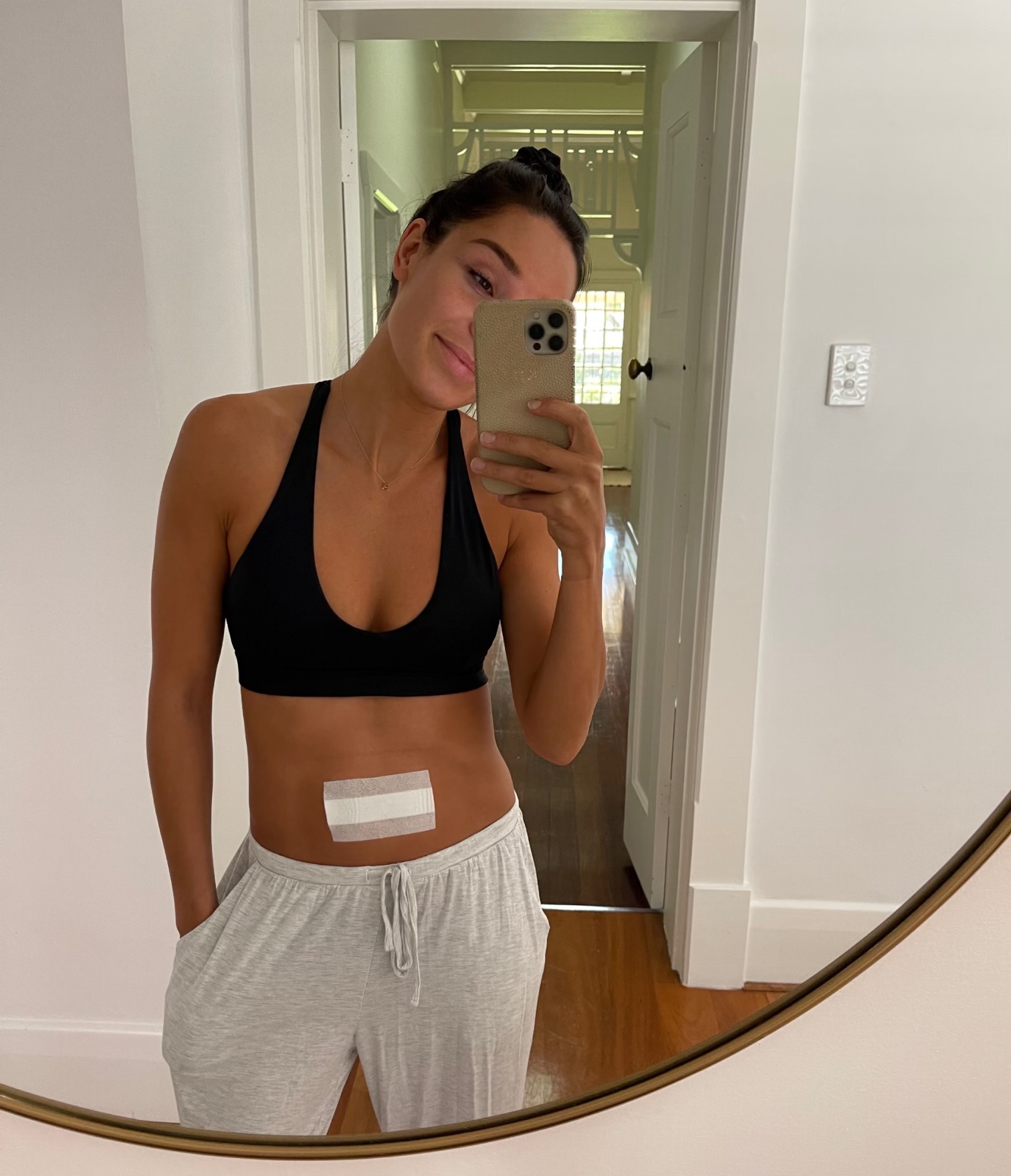Sally Power shares her experience living with misdiagnosed stage 4 endometriosis; hoping to spread awareness to the general public, and inspire other EndoWarriors to seek help and not tolerate their pain.
For 35 year old Sally Power from Darlington Point— a small town in the Riverina region of NSW— finding out she had endometriosis was a relief. It was an answer, an end to feeling alone, confused and as though others dismissed her pain. And most importantly; it wasn’t cancer. She’d spent the past two years misdiagnosed; with doctors believing the debilitating pain she experienced during the three days prior to her period each month was caused by a tear, known as an anal fissure.
“I struggled, it was very hard to do things during those days,” Sally explains to me.
“The pain was that severe I wanted to go to the hospital each time. I couldn’t work, was unable to lay down, stand or sit— it was constant. Then I’d get about 2 and a half weeks, maybe 3 weeks, of possibly living life normally. And then it would get me again.”
After years of this cycle and failed attempts to heal her excruciating spasms using prescribed ointments, hot water bottles and salt baths, Sally reached breaking point; and contacted a nurse friend who referred her to a colorectal surgeon in Wagga Wagga.
After travelling 2 hours to Wagga to visit the surgeon in October last year, Sally received devastating news; they’d found a lesion on her bowel (at the rectum), and she was given the tough talk that it may be cancer.
“I got told at the start: you’ve got a tumour, it’s probably cancer, the MRI is showing something very aggressive, it’s probably going to be terminal,” Sally remembers.
Thankfully, after an anxious few weeks and a series of biopsies, the results came back showing endometriosis. Sally believed she’d been given a second chance; and she was going to take it. From there, In November, Sally travelled to Sydney, where she met with specialised endometriosis and bowel surgeons. Further testing was done, including a deep ultrasound that showed stage 4 endometriosis, the most severe kind.
From there Sally was scheduled for a laparoscopy, an important diagnostic procedure used to examine the organs inside the abdomen and pelvis. This determined she needed surgery to remove all of the endometriosis along with a bowel resection. Due to the location of the endometriosis in the rectum, Sally was fitted with a temporary ileostomy bag (pouch), connecting the last part of the small intestine to the abdominal wall.
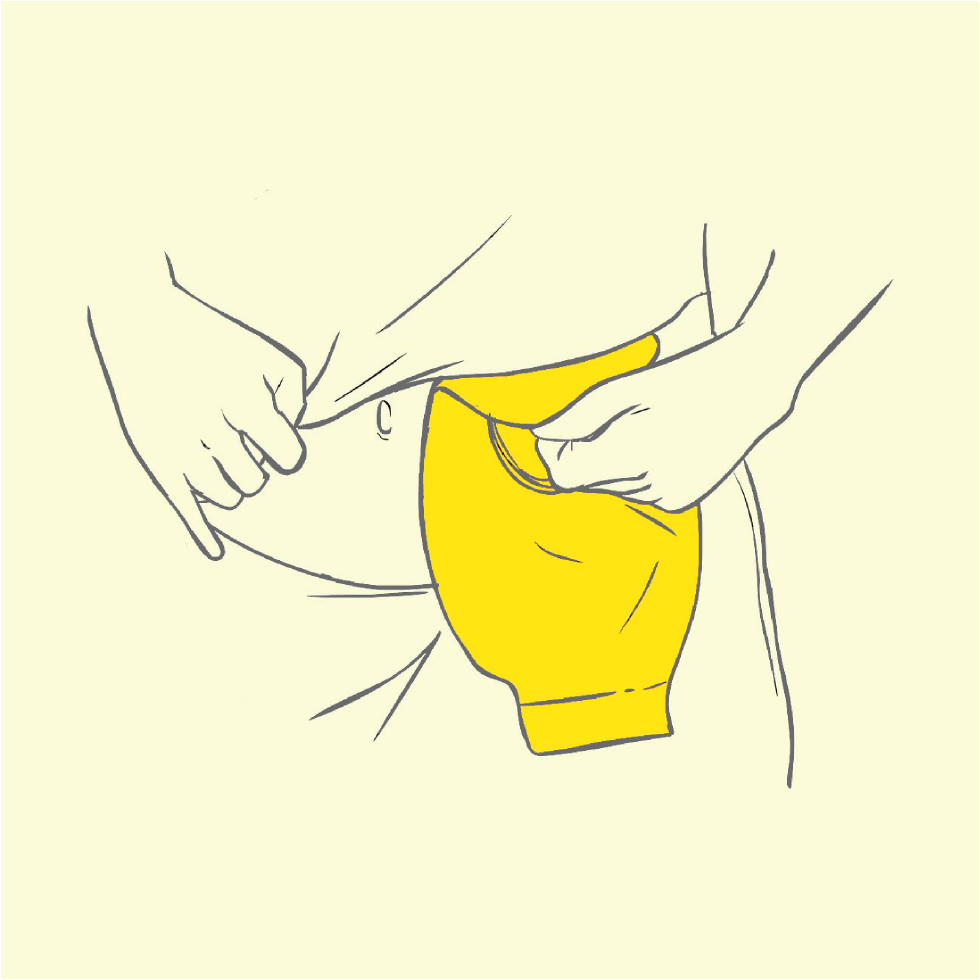 Having had the surgery in February this year, Sally is now 3 months post-operation and hoping to have her ileostomy bag removed soon. Whilst she predominately spends her days resting, has yet to return to work, and still relies heavily on her family for care, she can tell that her body is improving by the week.
Having had the surgery in February this year, Sally is now 3 months post-operation and hoping to have her ileostomy bag removed soon. Whilst she predominately spends her days resting, has yet to return to work, and still relies heavily on her family for care, she can tell that her body is improving by the week.
“The pain that I had in recovery was nothing compared to what I suffered for two years,” Sally makes sure to emphasise.
“When I got diagnosed with endometriosis, I was treated like a queen. I had the right surgeons, who made the right decisions, I’m very lucky with the hands that I landed in, as they have changed my life.”
Sally’s main grievance is that she wasn’t diagnosed sooner. Explaining that 2 years ago she probably wouldn’t have needed a bowel resection. Saying: “I wouldn’t wish this onto anyone of a young age, having to get the bowel cut, get it stapled, have a bag, it’s not a good experience.”
Unfortunately, Sally’s long journey to an accurate diagnosis is a common experience for EndoWarriors. It can take on average 6 and a half years for people living with endometriosis to be diagnosed in Australia.
Diagnosis may be particularly challenging in relation to endometriosis located in the bowel. According to Dr Michael Wynn-Williams, whilst the majority of people with endometriosis may experience a number of bowel-related symptoms, only a few have endometriosis actually spread to the bowel itself. Even Sally’s mother, who had endometriosis herself, was surprised by her daughters diagnosis, as she was unaware it can affect the bowel region.
There is a significant genetic link for endometriosis, with research showing that if your mother has the disease, you are 7-8 times more likely to develop it. Sally did question this, and why the possibility of endometriosis wasn’t considered earlier in her case, saying: “it was always in the back of my mind [that it could be endometriosis], but I was trusting what they [the doctors] were saying [about the anal fissure].”
By sharing her story, Sally hopes to encourage greater awareness of endometriosis and to educate other sufferers, medical professionals and the wider community.
“Diagnosis needs to change big time… If you’re concerned or don’t feel right, chase it up, don’t just go on with life like I did,” Sally explains.
“I was a bit scared to talk about my situation, but then I thought, I shouldn’t be embarrassed, I should just be open about what I’m dealing with. When you start talking to people, they’ve got stories themselves.
“I have learned that you don’t have to do this alone or suffer in silence; when people offer help, take it. Be open in sharing your story as you will find that there are more people than you think that are dealing with this.”
Written by Kellie Highet

